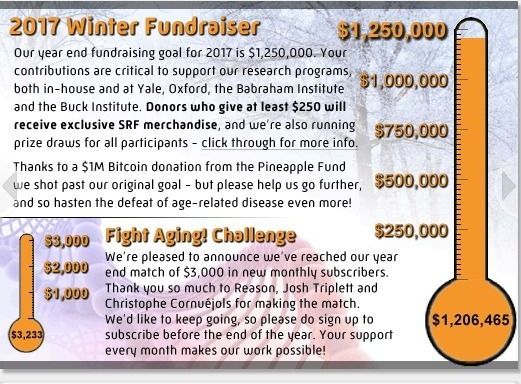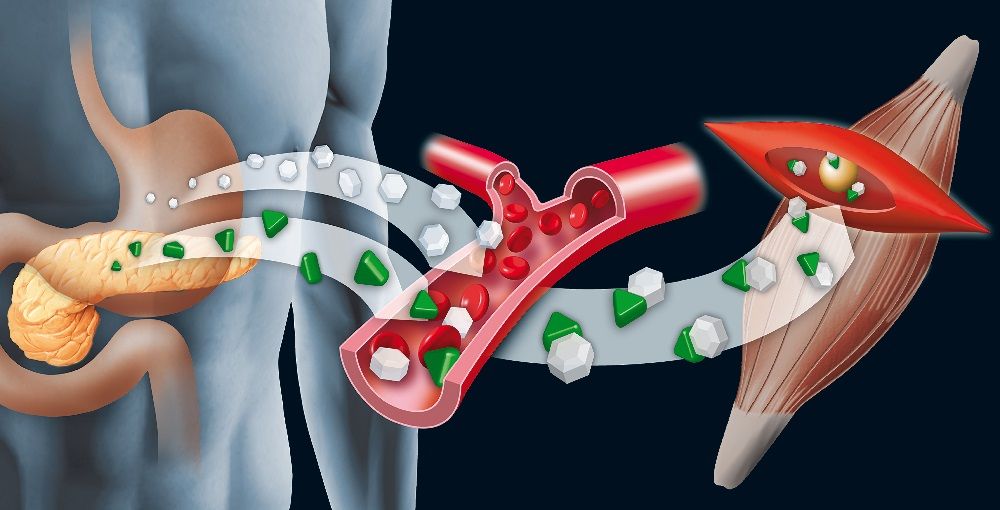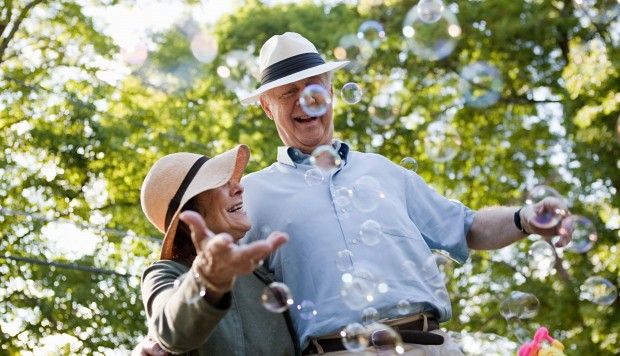Shermer’s journey into the present-day search for human domination over death and society’s ills introduces readers to all forms of what he calls “techno-optimism,” meaning the belief that technological progress means an end to death — or, at the very least, to aging and social decay. There are the cryonicists who want to freeze us, and those who want simply to freeze our brains, with all their neural connections and associated memories (the connectome). The transhumanists want to enhance us so thoroughly — through means both natural and artificial — that we become godlike, “taking control of evolution and transforming the species into something stronger, faster, sexier, healthier and with vastly superior cognitive abilities the likes of which we mere mortals cannot conceive”; the Omega Point theorists think we will all one day be brought back to life in a virtual reality. Believers in “the singularity” contend that it is possible to upload the human brain to a server without losing the essence of what makes you you. And, of course, there are those who try to cure us of aging, so that our bodies and minds will cease to deteriorate and our life spans will increase ad infinitum. Shermer visits each of these and other utopian theories with detail and considered analysis, drawing readers along increasingly unrealistic (or are they?) possibilities for our future evolution. It’s a journey as boggling as it is engrossing.
In “Heavens on Earth,” Michael Shermer explores the lengths to which mankind will go to ensure our souls’ survival beyond existence on this mortal coil.







